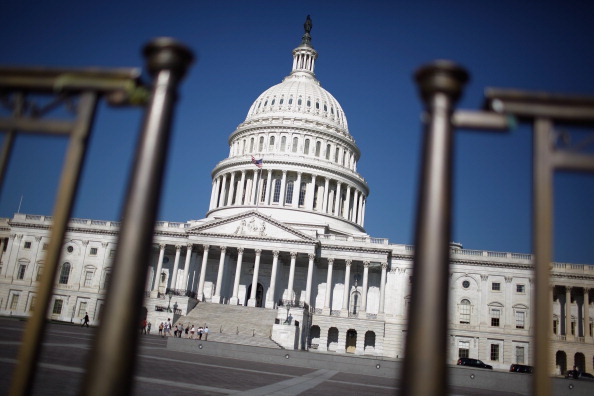
More pressure is coming Turkey�s way over gas purchases from Iran.
After the�Turkish government�s admission last week�that Tehran was using revenue from gas sales to Ankara to buy gold and then shipping the metal back home, the gas-gold trade has attracted (almost certainly unwelcome) attention from the US Senate.
Reuters has reported�that a group of senators are working on a sanctions package that would, among other things, end Turkey�s �game of gold for natural gas�, according to an aide. The measures could be added to a defence bill before the current US Congress breaks up; if not, the issue is very likely to be on the agenda when its successor convenes in January.
To be clear: at present Turkey�s natural gas purchases from Iran, its second biggest supplier, are not targeted by sanctions, international or unilateral. The EU is implementing gas sanctions, but they are not extra-territorial, instead governing imports by member states. US sanctions threaten action against banks that facilitate oil purchases from Iran, but Turkey currently has a waiver.
What is the case, however, is that the general sanctions push over Iran�s nuclear programme, including blacklisting by Swift, which handles global banking transactions, has rendered traditional financial transfers with Tehran near impossible, even for a neighbouring state such as Turkey. Hence Iran�s recourse to gold.
And, as the US looks for additional leverage over Iran ahead of possible bilateral talks on the nuclear file, Turkey�s gas purchases present an ever bigger target.
It is worth bearing in mind the scale of the trade � Turkey�s purchases in 2010-11 amounted to some $6bn � and its strategic importance to Ankara, which would otherwise depend even more on gas from Russia, its primary supplier.
So the sanctions could further test US-Turkish ties, already testy in the light of Ankara�s recent denunciations of Israel and prime minister Recep Tayyip Erdogan�s largely fruitless campaign for Washington to do more against Syrian President Bashar al-Assad.
But Mark Fitzpatrick, a former US State Department official now at London�s International Institute for Strategic Studies, thinks there is room for finesse.
�The [US] executive branch will be looking to implement the sanctions in a way that gives them some discretion, so they don�t punish Turkey in one fell swoop; they can request significant reductions [in Iranian gas purchases] and �significant� won�t be defined,� he says, comparing such a stand to the demands Washington has always made about Chinese oil purchases from Iran. �It is going to play out in the next two years.�
Nonetheless, he suggests that, as time goes by, pressure is only going to increase on Iranian trading partners such as Turkey: �I have been predicting that the best case outcome for the Iran crisis is a long cold war, where sanctions just keep getting tighter, the Iranians keep the [uranium] enrichment programme going but it never quite reaches the crisis point where it produces nuclear weapons.�
The Iran Project is not responsible for the content of quoted articles.











